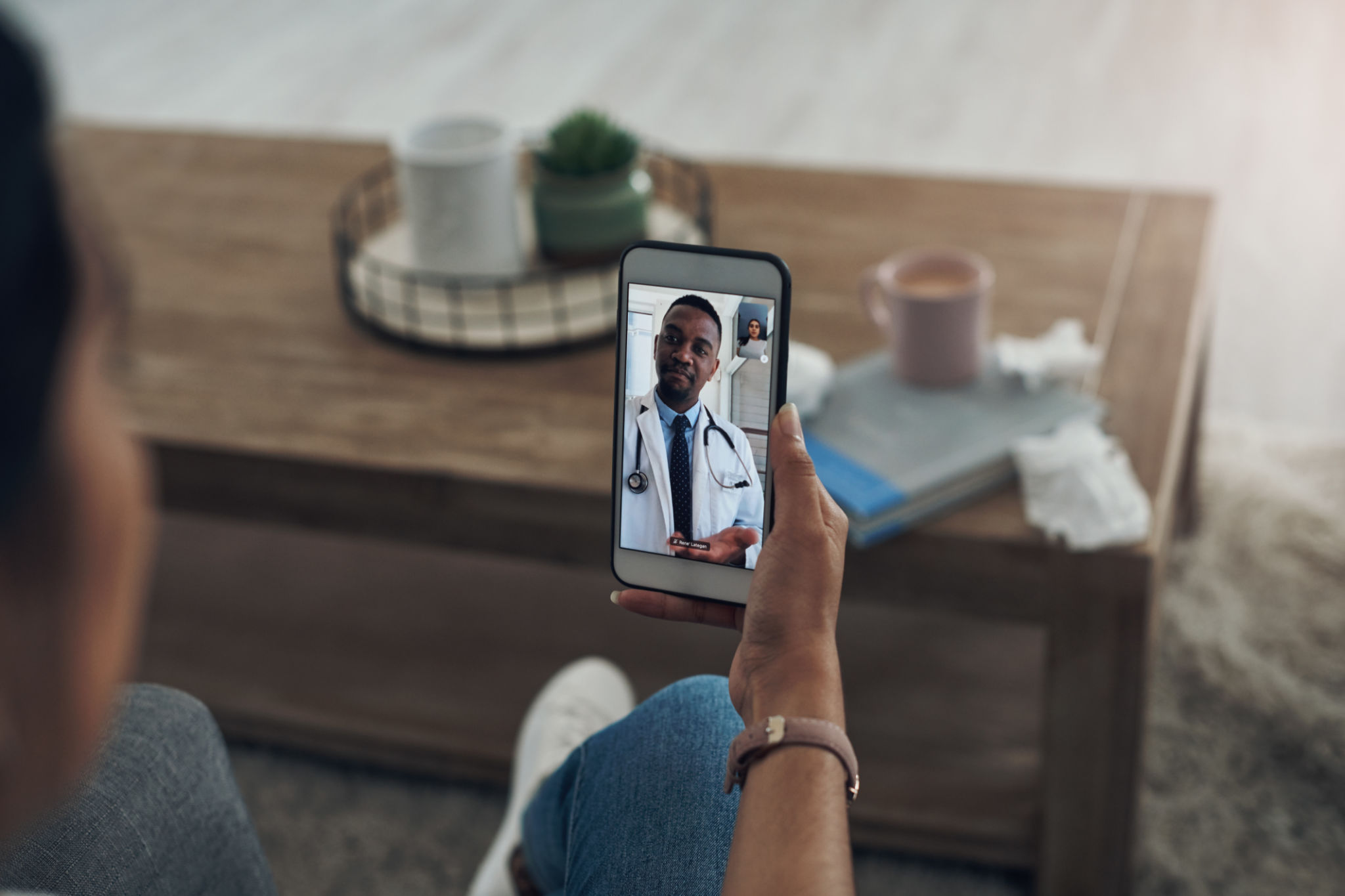Demystifying Common Myths About Mobile Health Screenings
Understanding Mobile Health Screenings
Mobile health screenings have become increasingly popular, offering convenience and accessibility for individuals seeking preventive healthcare services. However, despite their growing prevalence, several myths continue to cloud the perception of these services. In this blog post, we aim to demystify some of these common myths and provide a clearer understanding of what mobile health screenings truly offer.

Myth 1: Mobile Screenings Are Less Accurate
One of the most pervasive myths about mobile health screenings is that they are less accurate than traditional screenings conducted in hospitals or clinics. This misconception likely stems from the idea that mobile units may not have the same level of advanced equipment. However, mobile health screenings often utilize state-of-the-art technology and are operated by skilled healthcare professionals, ensuring that the tests are both accurate and reliable.
In many cases, mobile units use the same equipment that is found in traditional healthcare settings. Additionally, these screenings are conducted by experienced technicians who are trained to follow strict protocols to maintain high standards of accuracy.
Myth 2: Limited Tests Are Available
Another common misconception is that mobile health screenings only offer a limited range of tests. While it's true that not every test can be conducted on a mobile unit, many essential screenings are available. These can include blood pressure checks, cholesterol tests, diabetes screenings, bone density tests, and even certain types of cancer screenings.

Mobile health screenings are designed to focus on preventive care, providing individuals with valuable information about their health status and potential risk factors. This breadth of available services allows individuals to take proactive steps toward managing their health effectively.
Myth 3: Mobile Health Screenings Are Expensive
Cost is often a concern for individuals considering any type of healthcare service. A common myth is that mobile health screenings are more expensive than traditional options. In reality, these screenings are often more affordable due to lower overhead costs and the ability to serve more people in different locations.
Many mobile screening services offer competitive pricing, and some may even accept insurance or provide discounts for certain groups. It's essential for individuals to research and compare prices to understand the value offered by mobile health screenings.

The Benefits of Mobile Health Screenings
Beyond debunking myths, it's crucial to highlight the benefits of mobile health screenings. One of the primary advantages is convenience. These screenings are brought directly to communities, workplaces, or even homes, making it easier for people to fit healthcare into their busy schedules.
Additionally, mobile health screenings can help reach underserved populations who may have limited access to traditional healthcare facilities. By providing services in various locations, these screenings help bridge the gap in healthcare access and promote better public health outcomes.
Conclusion
Mobile health screenings offer a practical and effective solution for preventive healthcare. By debunking these common myths, we hope to encourage more individuals to take advantage of these services. Embracing mobile health screenings can lead to early detection and management of potential health issues, ultimately contributing to a healthier society.